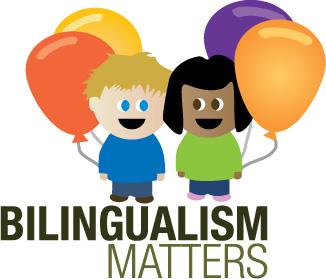Research themes of AcqVA Aurora
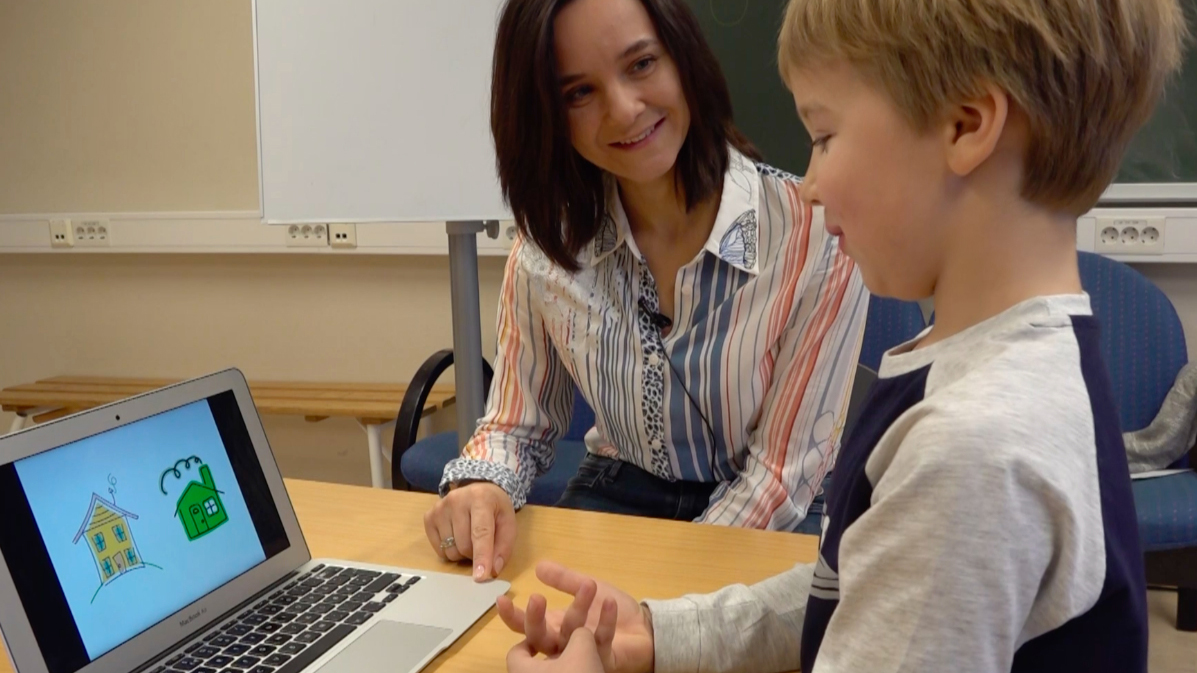
Theme 1: MultiLingual Minds and Factors Affecting MultiLingual Outcomes
PIs: Yulia Rodina & Fatih Bayram
Prof II: Cécile de Cat
Postdoc: Aleksandra Tomic
Theme 1: MultiLingual Minds and Factors Affecting MultiLingual Outcomes
PIs: Yulia Rodina & Fatih Bayram
Prof II: Cécile de Cat
PIs: Yulia Rodina, Fatih Bayram
Adjunct Professor (Prof II): Cécile de Cat
Postdoc: Aleksandra Tomic
In line with the overall goal of the AcqVA Aurora proposal, Theme 1 will systematically investigate individual language experience factors and their role in shaping variation in linguistic development and outcomes in multilingualism. There is consensus in the literature on the key role of linguistic input in language acquisition (e.g. Lieven 2010; Rothman & Chomsky 2018; Yang 2016; Zyzik 2009). While the gamut of variation in monolingual language experience is notably small, leading to a wider conformity of ultimate attainment (e.g. Meisel 2004, 2011; Serratrice 2013; but see Dabrowska 2012 for L1 differences), individual language experiences differ considerably more in child and adult multilinguals, leading to performance and ultimate attainment variation in almost all domains of grammar across all modalities of testing (e.g. de Houwer 2007; Luk & Bialystok 2013; Sorace 2004).
By its very nature, multilingualism often exists in societies where the home language (i.e. the heritage language) of a number of individuals is different from the dominant language of the wider community. In this context, multilingual outcomes are known to be shaped by social, individual, and contextual factors, such as language use, access to native speaker input, literacy training, language register, sociodemographic origin of the speakers, and socioeconomic status (e.g. Anderson, Mak, Chahi & Bialystok 2017; Bialystok & Luk 2013; Marian, Blumenfeld & Kaushanskaya 2007; Serratrice & de Cat 2019). More recent studies have focused on identifying the key input/experience factors and their mediating role in multilingualism, with a specific focus on the home/heritage language (e.g. Bayram, Rothman, Iverson, Kupisch, Miller, Puig-Mayenco & Westergaard 2017, Mitrofanova, Rodina, Urek & Westergaard 2018). Another line of research identifies language dominance as an influential predictor of linguistic performance, which also tends to correlate positively with social and individual experiential factors (e.g. Unsworth 2015).
Following in the footsteps of the abovementioned research, Theme 1 proposes a novel approach which characterizes and quantifies multilingualism as a cumulation and continuum of individual experiences. Theme 1 mainly addresses RQ 1 above, as well as the following sub-question: To what extent do correlations between linguistic outcomes and individual language experiences differ for each language of the multilingual speaker, across age groups, domains of grammar, and modalities of testing?
To answer these questions, Theme 1 will investigate individual language experiences in a systematic and comprehensive way using established questionnaires such as BiLEC (Unsworth 2013), LSBQ (Anderson et al. 2017), and Leap-Q (Marian et al. 2007), and supplementing them with measures that will capture and quantify the dynamic and fluid nature of individual experiences across the lifespan. Moreover, we will use a number of age-appropriate morphosyntactic and lexical proficiency tasks (e.g. CLT, Haman, Łuniewska & Pomiechowska 2015; MAIN, Gagarina, Klop, Tsimpli & Walters 2016), using both online and offline methods for linguistic domains that have been studied by experts in our research group, a selection of which is presented in Theme 2. The weight of the variables will also be studied in the context of multilectalism investigated in Theme 3 and neurocognition considered in Theme 4. By employing a semi-longitudinal methodological design with participants from age 4 to 50+, we will investigate the development and fluidity of multilingual systems, language maintenance, reduction or loss/attrition of language knowledge as well as the correlation between individual language experiences over time and individual linguistic outcomes. By looking at different language populations (simultaneous and sequential multilinguals), we will be able to tease apart the role of changes in language experience in causing delay, reduction, or loss of linguistic knowledge (e.g. Ammerlaan 1996; Köpke, Schmid, Keijzer & Dostert 2007; Paradis 2007; Schmid 2002; Schmid & Dusseldorp 2010). Thus, this theme offers a systematic approach into the investigation of individual differences as well as a data collection and analysis model that will be employed in all four themes. Although the target phenomena will be different in each theme, using the same language background questionnaire across all themes will give us the opportunity to understand multilingual experience from social, linguistic and (neuro)cognitive perspectives at the same time, enabling compatibility and comparability across all themes.
Address to this page: https://uit.no/research/acqva#665344_buttoncont1
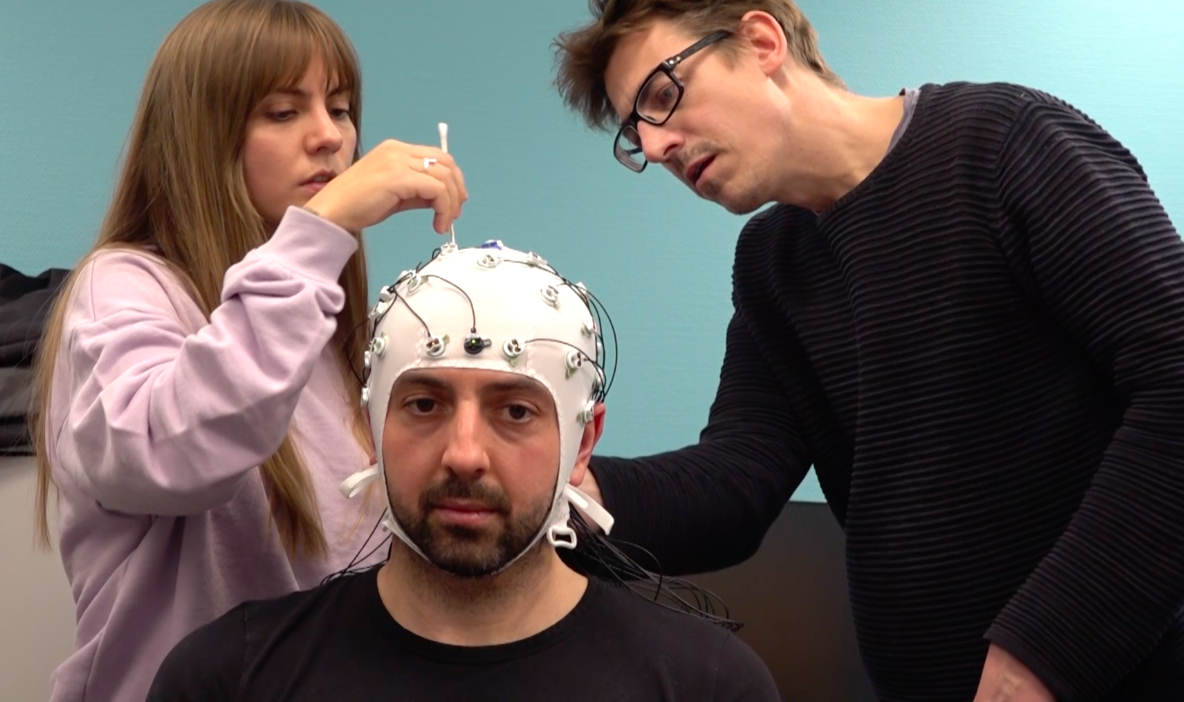
Theme 2: MultiLingual Minds and Crosslinguistic Influence
PIs: Merete Anderssen & Natalia Mitrofanova
Prof II: Ludovica Serratrice
Postdoc: Brechje van Osch
Theme 2: MultiLingual Minds and Crosslinguistic Influence
PIs: Merete Anderssen & Natalia Mitrofanova
Prof II: Ludovica Serratrice
Postdoc: Brechje van Osch
PIs: Merete Anderssen, Natalia Mitrofanova
Adjunct Professor (Prof II): Ludovica Serratrice
Postdoc: Brechje van Osch
A central debate in the field of multilingualism concerns the extent to which different languages in a speaker’s mind influence each other. Today it is widely acknowledged that, while multilingual children separate their languages from early on, there is clear interaction between these languages (Hulk & Müller 2000; Müller & Hulk 2001; cf. also Paradis & Navarro 2003; Kupisch 2007; Meir, Walters & Armon-Lotem 2017; Dobrova & Ringblom 2018). Indeed, this interaction, together with the experiential factors discussed in Theme 1, is a crucial factor underlying the dynamic nature of the multilingual linguistic systems, and it can be observed in all speaker populations throughout the lifespan, in acquisition, processing, and attrition. In their seminal papers, Hulk & Müller (2000) and Müller & Hulk (2001) proposed that crosslinguistic influence may occur when the relevant linguistic phenomenon (i) involves the syntax-pragmatics interface and (ii) shows superficial structural overlap in the interacting languages (Anderssen & Bentzen 2013, 2018; Serratrice 2013; Yip & Matthews 2009). The latter has also been shown to be relevant for second language acquisition (Odlin 2013; Westergaard 2003), third language acquisition (González Alonso & Rothman 2017; Westergaard, Mitrofanova, Mykhaylyk & Rodina 2017; Rothman, González Alonso & Puig-Mayenco 2019) and language attrition (Anderssen, Lundquist & Westergaard 2018). In contrast to this, Sorace (2011) argues that difficulties experienced by bilinguals at the syntax-discourse/syntax-pragmatics interface are not due to crosslinguistic influence, but rather the result of bilinguals having fewer cognitive resources available due to the ‘cost’ of language inhibition, most likely in combination with a more limited input situation (Pérez-Leroux, Pirvulescu & Roberge 2009). In Theme 2, we ask how we can disentangle crosslinguistic influence from general effects of the multilingual experience, such as added processing load and reduced exposure to the language as compared to the exposure monolingual learners get (cf. RQs 1 and 2).
We will explore crosslinguistic influence in controlled conditions across several multilingual populations, building on the notion of partial structural overlap. In research on crosslinguistic influence, multilingual speakers have typically been compared to monolingual speakers. We will apply a more approprate research methodology to isolate the effects of crosslinguistic influence from the effects of input and overall proficiency: a comparison across multilingual populations. In doing this, we will keep one language – the target – constant and vary the other languages known to the multilinguals, based on the presence and absence of certain grammatical features. We will strictly match the participants by overall proficiency and exposure to the target language (cf. Theme 1) to ensure that the only difference between the groups is the other language(s) they know.
Theme 2 will investigate properties belonging to different domains of grammar (e.g. grammatical gender, case, aspect, definiteness and genericity, word order etc.). In order to test how structural overlap affects the dynamics between the languages in multilingual minds, we will investigate the acquisition and loss of these grammatical properties in selected learner populations (simultaneous and sequential heritage bilinguals, L2 and L3 learners, and potential attriters) of specific language combinations involving languages that members of our research group have expertise in (German, Russian, French, Spanish, Italian, Greek, Portuguese, Turkish, English, Latvian, Norwegian, North Sami, etc.). For example, can the presence of a grammatical category in the majority language facilitate the development and maintenance of this category in the heritage language? If so, the presence of e.g. overt case marking in German should have a facilitative effect on the acquisition of case in heritage Russian, while no such effect should be observed when the majority languages are Norwegian or Spanish, which do not have overt case.
Another integral part of the multilingual mind is the simultaneous activation of two or more languages and the added cognitive resources needed at all times to inhibit the competing language(s) (Hartsuiker, Pickering & Veltkamp 2004; Sorace 2011; cf. Theme 4). A comparison across different multilingual populations and our focus on the acquisition of phenomena from different grammatical domains will allow us to control for factors related to the necessity to inhibit competing languages (i.e. added cognitive load), and will enable us to isolate the effects of crosslinguistic grammatical influence from the added cognitive load effects.
Address to this page: https://uit.no/research/acqva#665344_buttoncont2
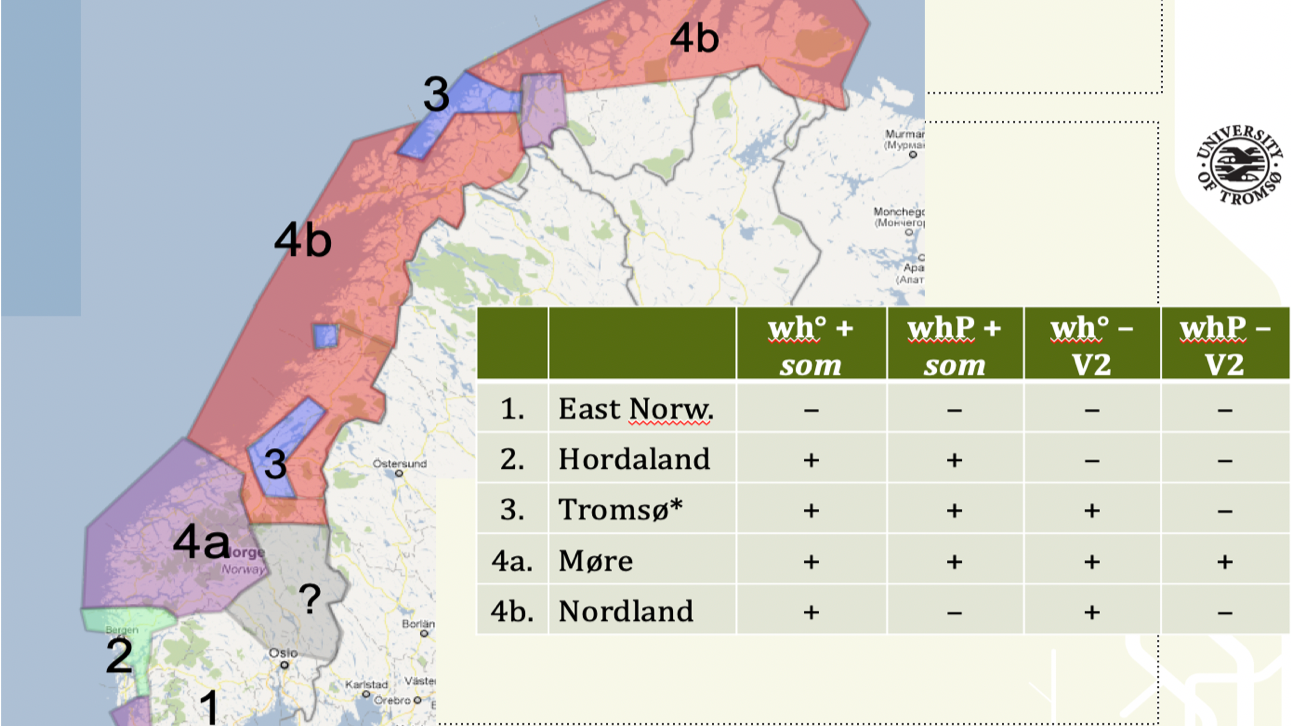
Theme 3: MultiLingual Minds and Closely Related Varieties (MultiLectal Minds)
PIs: Øystein Vangsnes & Terje Lohndal
Prof II: Elma Blom
Postdoc: Tekabe Legesse Feleke
Theme 3: MultiLingual Minds and Closely Related Varieties (MultiLectal Minds)
PIs: Øystein Vangsnes & Terje Lohndal
Prof II: Elma Blom
PIs: Øystein Vangsnes, Terje Lohndal
Adjunct Professor (Prof II): Elma Blom
Postdoc: Tekabe Legesse Feleke
While there is an increasing focus on multilingualism in linguistic research, rather little work has been done on the many speakers who master multiple dialects and/or closely related linguistic varieties. Many of these speakers find themselves in societies characterized by language hierarchies and ideologies where one or a few national or regional varieties have a more prominent status and are familiar to all speakers, whereas more local varieties are less widespread and quantitatively less often encountered. Moreover, literacy plays an important role insofar that the different varieties may be coded in script, either by official standards or by user-driven norms (e.g. in computer-mediated communication), whereas in some cases just one of the varieties may be written and the others primarily spoken. Very little is known about how the mental grammars of these multilectal speakers are structured, let alone what factors structure them (cf. Theme 1), how they vary across speakers in their different communities, and to what extent mastery of dialects and closely related varieties mimic other types of bi- and multilingualism (Themes 2 and 4).
The aim of this theme is to develop a new model of the grammatical architecture in individuals who possess knowledge of multiple closely related linguistic varieties. We will investigate different types of language ecologies that make it possible to probe how speakers use and process several minimally different varieties. The theme will focus on the emergence (acquisition), variation and attrition of such varieties, which will provide us with new insights about a wider spectrum of multilingual speakers. The following typology of (multi)lectal profiles, adapted from Lundquist & Vangsnes (2018), will guide the investigations in Theme 3:
1. The true multilectal: A speaker who can adjust her predictions based on input from the lect in question.
2. The true/ignorant monolectal: A speaker who uses morphosyntactic features in her online comprehension in her own lect (Lect1), but fails to do so in the other lect (Lect2).
3. The monolectal generalizer: A speaker who imposes the grammatical system of Lect1 onto Lect2.
4. The accommodated monolectal: A speaker who imposes the grammatical system of Lect2 onto Lect1.
The theme will address the question of how multilectal knowledge is organized in the mental grammar of the user (RQ 3 above). Is the knowledge of one lect integrated in the grammar of another lect, or are they kept apart? A close and in-depth study of different kinds of multilectal speakers in Norway and beyond will provide evidence that can inform long-standing questions of the nature of bilingual grammars (cf. Roeper 1999; Amaral & Roeper 2014; Alexiadou & Lohndal 2016).
The Norwegian language situation and the North Germanic dialect continuum will be at the center of attention in Theme 3. There are several reasons for this. First, there is a growing understanding of speakers’ attitudes towards other dialects in Norway, and also solid documentation of the geographical distribution of different linguistic properties (Sandøy 2015, 2016). However, there is hardly any knowledge of the individual dialect speakers’ processing strategies (and difficulties) when encountering other dialects or a regional standard, or even how speakers perceive structural differences between dialects. Second, several members of our research group played central roles in the comprehensive Scandinavian dialect syntax project (ScanDiaSyn / NORMS), a pan-Nordic collaboration on documenting, mapping, and exploring grammatical variation in the North Germanic language area led from Tromsø (Vangsnes & Johannessen 2019). There is thus extensive knowledge in the group about grammatical variation in Norwegian and across North Germanic more widely. Third, dialect switching is commonplace among Norwegian children in role-playing, more specifically between local dialects and a variety resembling Standard Eastern Norwegian, i.e. the Oslo dialect (cf. Kleemann 2015). This means that many Nor¬wegian children go through a phase lasting several years where they entertain a diglossic practice, and although the context for it is quite specific, it raises a host of questions regarding the acquisition of multilectal competence. Fourth, with its two written standard languages, Bokmål and Nynorsk, unevenly distributed across individuals and areas, and with extensive non-standard, dialect-like private writing practices (Vangsnes 2019), Norway offers ample oppor¬tu¬nities to investigate the significance of oracy and literacy for the development of grammatical competencies (Vangsnes, Söderlund & Blekesaune 2017); cf. Theme 1.
We also aspire to tap into the language proximity factor (see Theme 4) in a cross-linguistic, largely comparative way, by examining multilectalism in populations that speak closely related varieties. In recent years, our research group has expanded its domain of expertise in investigations of closely related varieties, such as Brazilian/European Portuguese, Spanish/Catalan, and Standard Greek/Cypriot Greek (e.g. Leivada, Papadopoulou, Kambanaros & Grohmann 2017). By investigating both linguistic factors (i.e. typological proximity, writing practices) and social factors (i.e. attitudes towards diglossia, overt/covert prestige), we will capture the dynamic relationships among the many variables that inform the process of building a lect in multilectal minds and contexts. Theme 3 will deal with acquisition and development with different trajectories (bi(dia)lectals, multilectals, attriters, heritage learners) that naturally differ in terms of exposure; hence, it will provide valuable results in all three domains of interest in AcqVA: acquisition, variation, and attrition.
Address to this page: https://uit.no/research/acqva#665344_buttoncont3

Theme 4: MultiLingual Minds and Neurocognitive Adaptations
PIs: Jason Rothman & Vincent DeLuca
Prof II: Jubin Abutalebi
Postdoc: Toms Voits
Theme 4: MultiLingual Minds and Neurocognitive Adaptations
PI: Jason Rothman
Prof II: Jubin Abutalebi
PIs: Jason Rothman, Vincent DeLuca
Adjunct Professor (Prof II): Jubin Abutalebi
Postdoc: Toms Voits
For nearly two decades, research has suggested that being (at least) bilingual has knock-on effects on cognition (see Bialystok 2017 for review), affording an opportunity to increase the efficiency of executive functions and to build protective cognitive and neural reserve (cognitive compensation against neurodegeneration in older age). Competition between linguistic systems in the bilingual (and potentially more so in the multilingual) brain requires resolution for successful communication, eventually increasing demands on higher-order mental processes that regulate goal-directed action needed to manage constant activation/suppression of one or more languages. As a response, the mind/brain adapts functionally and structurally (Abutalebi & Green 2016).
If the above is on the right track, multilinguals are expected to perform certain cognitive tasks more efficiently on average and should be less likely to suffer overt clinical symptoms of neurodegeneration later in life. In this respect, multilingualism is not so distinct from other consistent actions that engage higher-order mental processes (e.g. musical training). What is special is the pervasiveness of multilingualism in the world as well as the extent to which the mind is engaged over an extended period of time in controlling the activation levels of multiple grammars. Multilingualism provides the most diverse and largest natural laboratory for investigating how the mind/brain adapts to experiences that shape cognitive systems. Our research group has a strong history of investigating variation in linguistic terms and across multiple multilingual contexts and speaker types. In AcqVA Aurora, we will additionally study how variables of the multilingual experience determine the degree of (cognitive and neuroanatomical adaptive) outcome effects.
Expanding into the neurocognition of multilingualism not only opens new doors methodologically (e.g. time-frequency/oscillatory EEG methods and MRI), but it also allows our research group to keep faithful to our general remit of describing and explicating variation. Moreover, AcqVA Aurora has the potential to bring mutual benefit to the linguistic questions that we engage with: how language is acquired and how different developmental trajectories culminate into variable phenotypes with different degrees of cognitive aptitude. Understanding how language experiences literally shape the mind and brain beyond language proper embodies a novel question for UiT linguistics, albeit one that is strongly anchored in previous established lines of our research on multilingualism. We will innovate in at least two ways: First, we will take advantage of the linguistic context of our home, Norway, where multilingualism exists as a default standard (Norwegian, other Scandinavian varieties, Sami, English, various immigrant languages). We will be able to meaningfully investigate potential differences in neurocognitive effects between bi- and multilingualism, a distinction in the literature that for practical reasons has yet to be systematically tested (e.g. is more always better?). Norway, typically celebrated as one of the most dialect-speaking countries in Europe, with a high social tolerance for diversity (Trudgill 2002), offers the ideal environment to tap into what language proximity (greater or lesser degrees of similarity across the languages housed in a single mind, or multiple dialects of a single language, cf. Theme 3) entails for mind/brain adaptations. The proximity factor will also be taken into account in other themes of AcqVA Aurora (notably Themes 2 and 3), and the notion of a linguistic continuum will be recurrent across the various testing fronts of the center. Second, as a group of linguists, we will be able to inject linguistic sophistication into this general line of research; e.g. does the typological relationship of the languages (and how to responsibly assess typology) play a role in the effect size of multilingual adaptations to the mind/brain? How do individual factors of linguistic engagement and exposure (e.g. quality and quantity of input, use of language in specific contexts, levels of literacy across the languages) relate to individual differences in neurocognitive and neuroanatomical effects? Do neurocognitive adaptations in bilingualism extend beyond domain-general cognition back to linguistic domains, such as differences in the processing of language ambiguity and illusions? AcqVA Aurora will be in a unique position to frame, support and answer these questions due to the development of new synergies, especially after sourcing a new professorship with relevant expertise. In sum, Theme 4 brings a unique approach to the neurocognition of multilingualism by linking research in cognitive science and linguistics.
Focusing on the Norwegian context of ample multilingualism (from attrition to bidialectal bilingualism to polyglots, across the lifespan and across contexts) and probing the relationship between multilingual language experiences (e.g. BiLEC; LSBQ; Leap-Q) and performances tapping higher order cognitive functioning (e.g. switch cost, inferencing, linguistic and domain-general control/inhibition, working memory) while examining the brain in real time (e.g. (f)MRI and brain wave oscillations with EEG), we will ask and be in a good position to answer the following important and interrelated questions.
1. How can examining potential effects via the mind and brain in real-time processing help us to better understand individual differences in cognitive effects and linguistic competence/performance?
2. Does having knowledge of more than two languages confer any additional effects on cognition, with potential knock-on effects in extra-linguistic and (especially) linguistic performance?
3. If so, under what conditions (language use patterns, typological similarity of the languages, age of onset, age of testing, with or without literacy in the languages) does this manifest?
Address to this page: https://uit.no/research/acqva#665344_buttoncont4
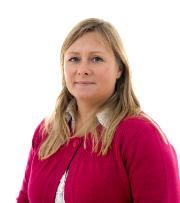
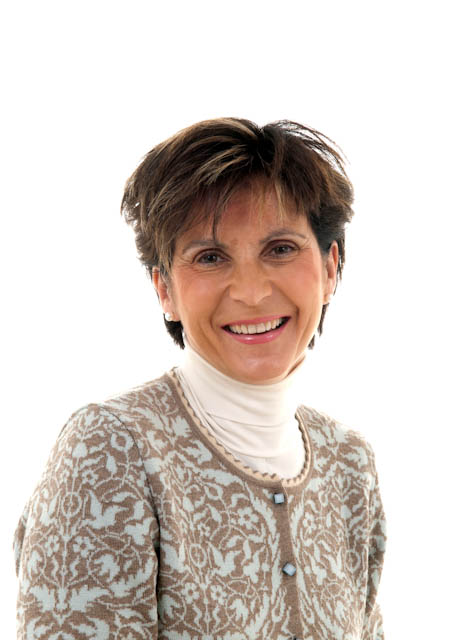
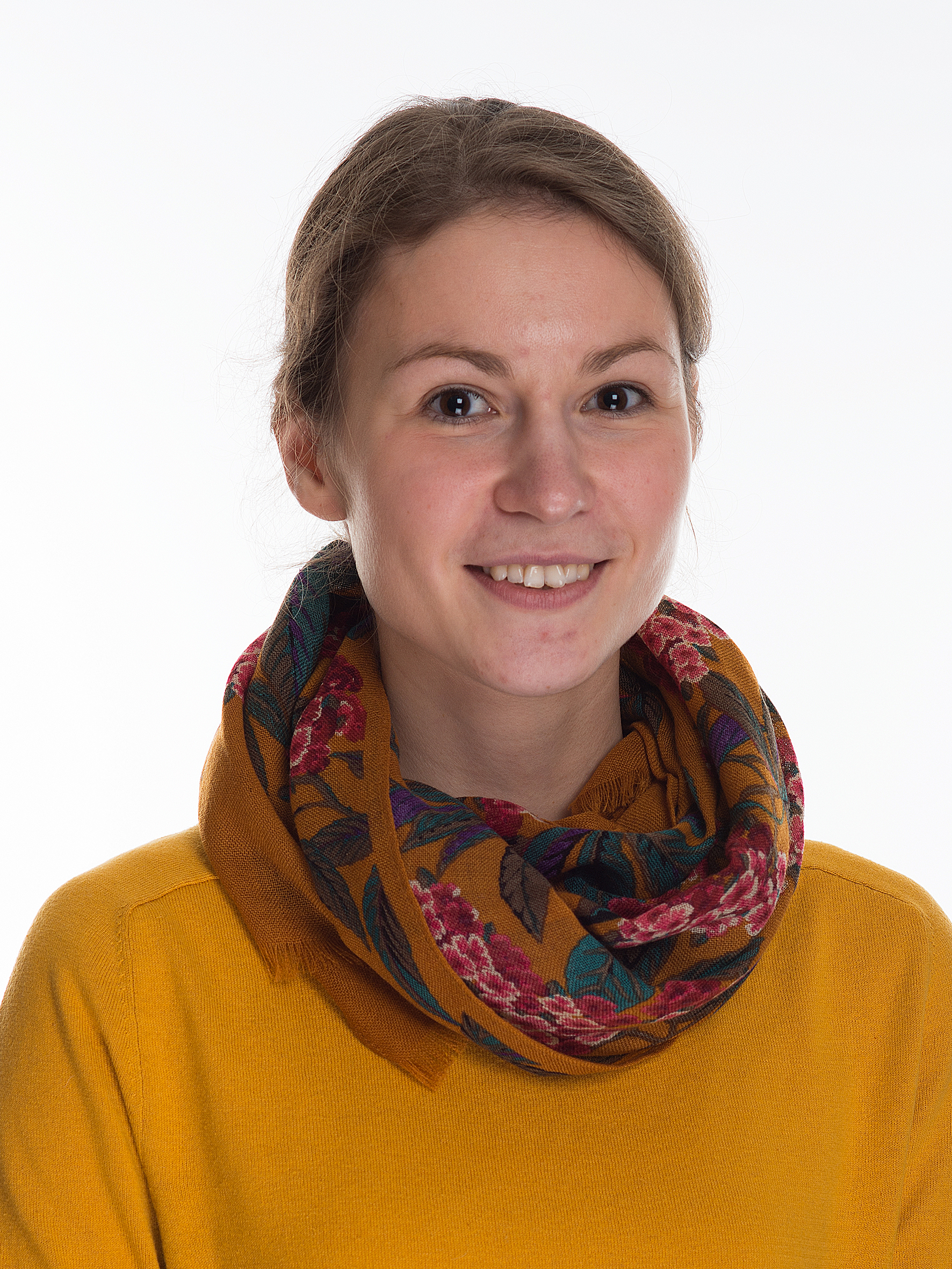

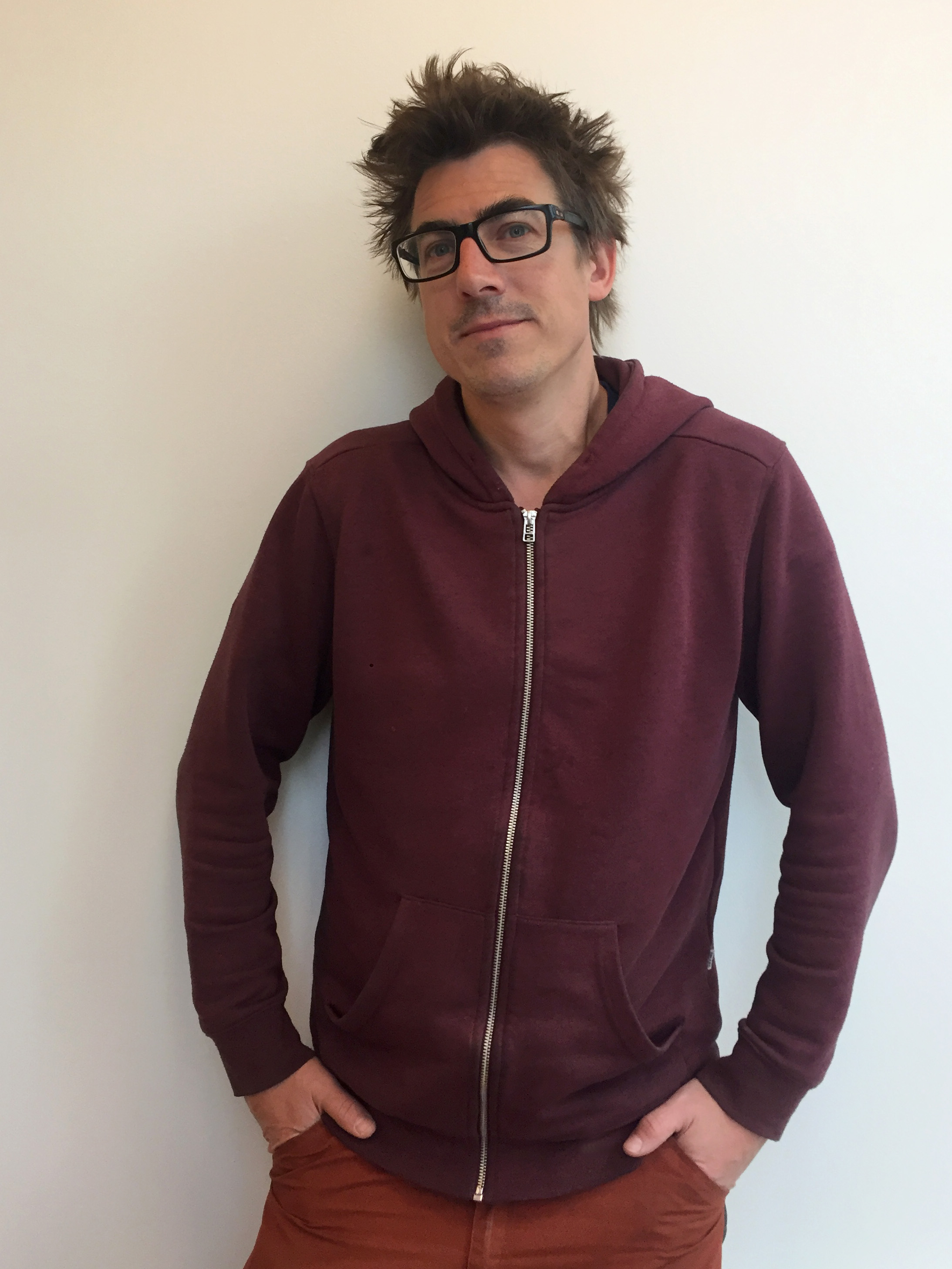
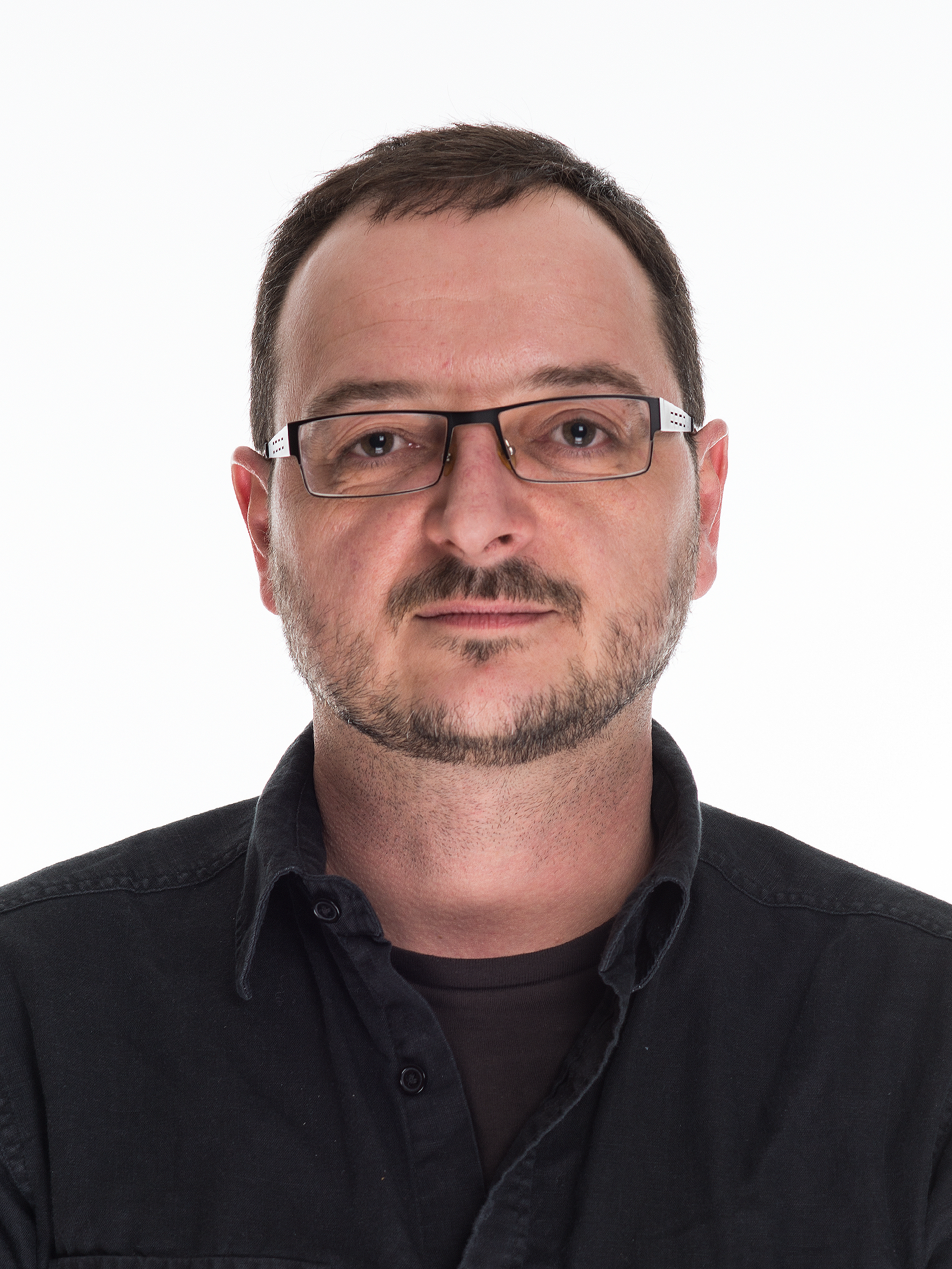
 Flere språk til flere
Flere språk til flere 